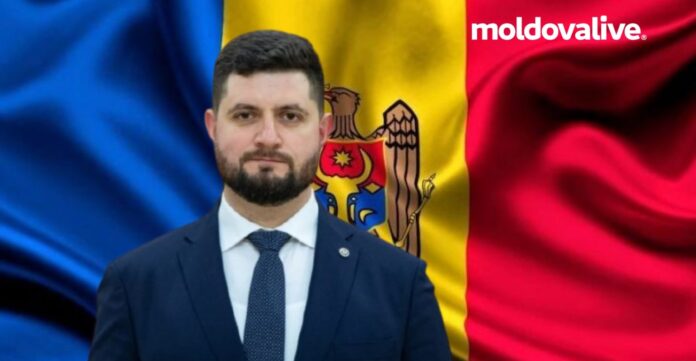Moldova aims to fully align with the European Union’s energy market by 2027, Minister of Energy Dorin Junghietu announced at the 29th edition of the annual ministerial forum organized by The Economist in Athens.
Speaking at the forum, Junghietu outlined Moldova’s major energy reforms, which The Economist described as a “remarkable example” for the region. He emphasized the country’s commitment to energy security, market liberalization, and the green transition.
Junghietu also participated in a panel discussion alongside energy ministers from Greece and Cyprus, as well as deputy ministers from Azerbaijan and Bulgaria. The panel focused on regional cooperation, energy security, and challenges related to the green transition.
He highlighted Moldova’s strategic role in the Vertical Gas Corridor, a key route for energy security in Southeast Europe.
FOR THE MOST IMPORTANT NEWS, FOLLOW US ON TWITTER!
“For years, Moldova depended on a single gas supplier—Gazprom—under contracts that prevented us from buying gas on the open market,” Junghietu said. “Because Moldova imports 100% of its gas needs, this dependency exposed us to repeated energy blackmail by the Russian Federation.”
He stressed that joining the Vertical Corridor enabled Moldova to diversify supply sources, ensuring uninterrupted deliveries even during crises. “This proved that Moldova can source gas from other providers, eliminating the threat of supply disruptions,” he added.
On the sidelines of the forum, Junghietu held bilateral meetings with Azerbaijani Deputy Minister of Energy Orkhan Zeynalov and Cypriot Minister of Energy George Papanastasiou.
In talks with the Azerbaijani delegation, Moldova invited Azerbaijani companies to participate in the second round of tenders for renewable energy and storage projects, scheduled for launch in autumn. Discussions with the Cypriot minister focused on knowledge exchange and cooperation in the field of green energy.
The Economist-hosted forum brought together high-level officials, political leaders, business executives, financial institutions, international organizations, and academics. It served as a platform for dialogue on advancing global energy progress and strengthening regional energy security.


